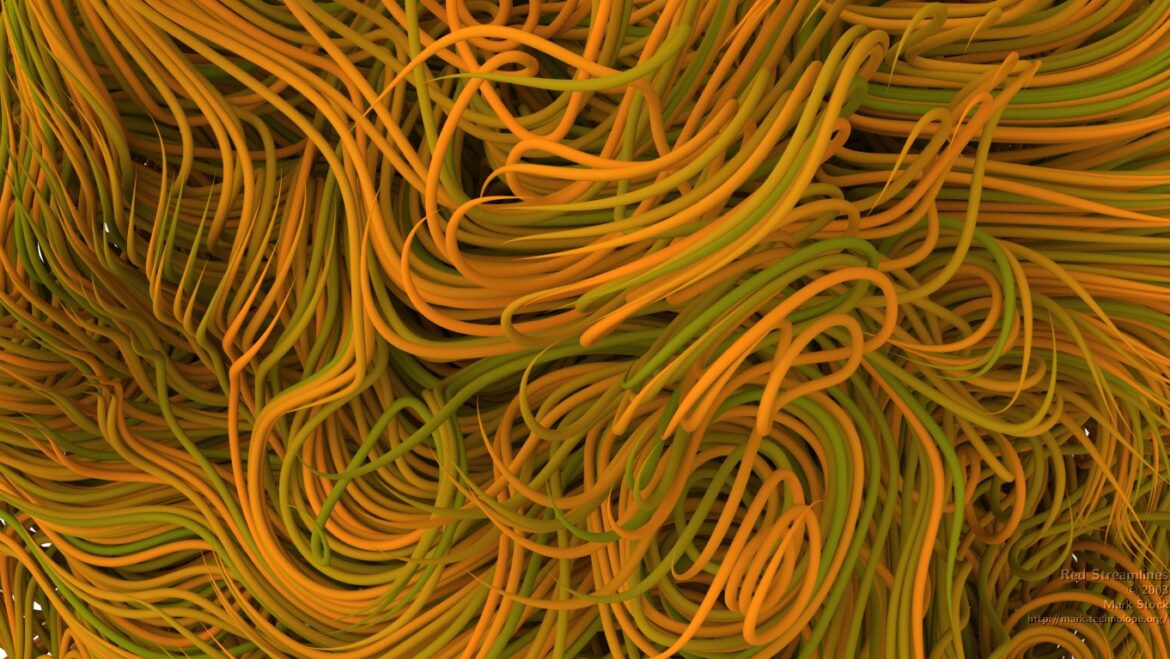Research Essay
Samar Normand
Why social media, specifically instagram is detrimental to our mental and overall health.
Social media was created as a tool for self expression, creativity and authenticity. In recent years, this has shifted from a positive space, to an ugly, scary, never ending nightmare. Instagram specifically is now designed for comparison, constant scrolling and mental health declining.
Firstly, I will be discussing how cyberbullying on social media, specifically Instagram is harmful and destructive. Social media platforms have taken over and there are rising numbers in the amount of time spend mindlessly scrolling. New research has conveyed the increased amount of hours spent online can be linked to cyberbullying type behaviors. Cyberbullying is especially damaging as it takes place online, with no face to put to a disrespectful comment. More than one in five young teenage girls experience bullying on Instagram. Children are beginning to utilize social media at a younger age, and having this external source so heavily implemented into daily lives, cognitive development and functioning appear to be going down. Cyberbullying can be presented in a variety of ways: comments, harassment, false information put out or spread, stalking and more. Researchers have also stated, bullies on Instagram and other social media feel a lack of empathy and remorse since they are able to find behind a screen.
Secondly, I will be addressing the impacts of social media on todays education system. There is a dramatic difference from when social media was first created to how it is used now. Using social media in an academic setting may seem new and innovative, however research has shown including phones in the classroom is linked to poor academic performance, as attention is distributed towards many different things, not fully on the work. Students use their phones and social media platforms like Instagram to browse, speak to friends, and distract themselves from the task at hand. 68% of students said they don’t get enough sleep because of social media — this also contributes towards declining academic performance and ability to concentrate in school.
Thirdly, I will be explaining how social media is linked to the development of psychological disorders such as depression, anxiety, eating disorders and more. Instagram is linked to a chemical called dopamine, making us feel good and satisfied when we see likes, comments and messages— which is why we often go back, even whilst knowing and understanding the negative effects. According to the PEW Research Center, 69% of adults and 81% of teenagers in the United States use social media, and Instagram has lead to depression by 7% and anxiety disorder by 20%. Scrolling for hours on Instagram can increase feelings of the fear of missing out, anxiety, sadness, comparison, insomnia. Studies have shown that eating disorders in adolescents girls has increased over the last 50 years, where 0.48% of girls experience anorexia nervosa and 1 to 5% of girls experience bulimia nervosa. The portrayal of false and distorted images causes concerns about body weight, shape and size, insecurities within the body, which causes young girls to lose weight and later develop eating disorders. Media emphasizes and centers the idea of a perfect, skinny body, which is unrealistic and is not healthily attainable.
To conclude, instagram and social media have a variety of negative effects on mental, physical and spiritual health which can cause severe damage to the mind and body. Conversations and discussions should be had regarding how we can improve the ways we utilize social media.
Sources:
https://www.stopbullying.gov/cyberbullying/what-is-it
https://www.sciencedirect.com/science/article/pii/S1319562X21000103
https://www.mcleanhospital.org/essential/it-or-not-social-medias-affecting-your-mental-health
https://mitsloan.mit.edu/ideas-made-to-matter/study-social-media-use-linked-to-decline-mental-health
https://www.ncbi.nlm.nih.gov/pmc/articles/PMC2792687/



